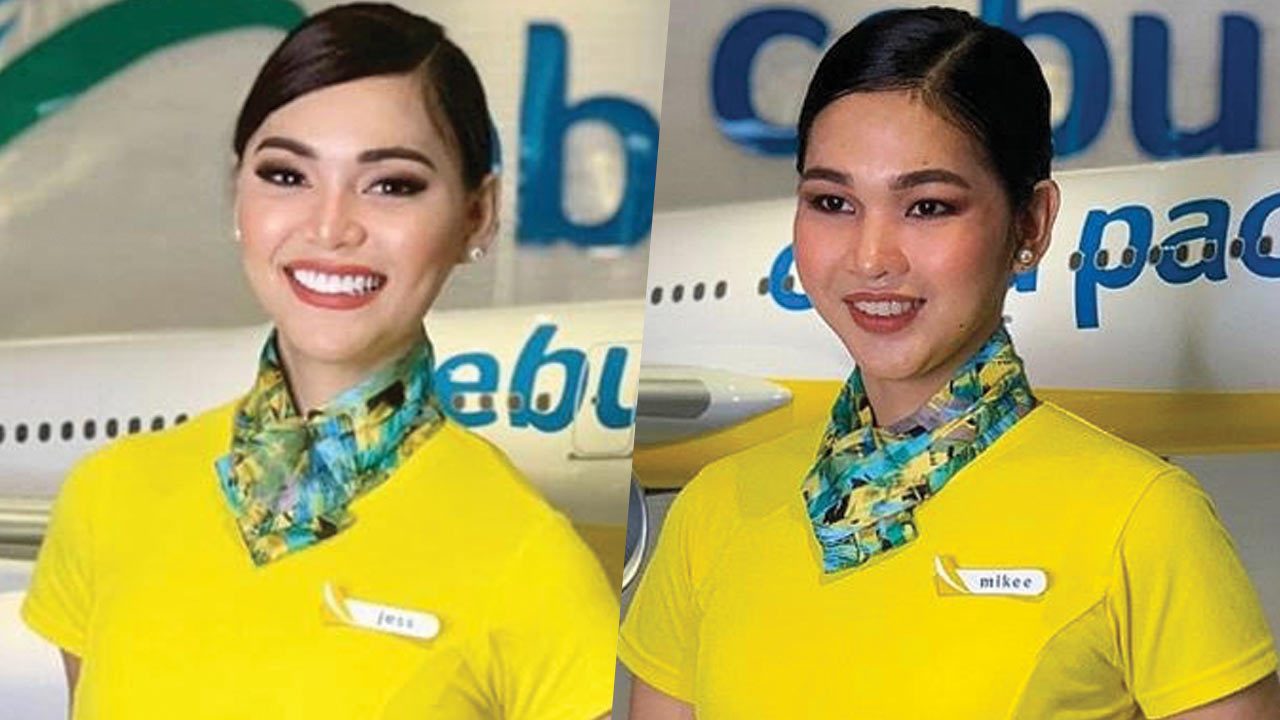Impact on Flight Attendant’s Well-being

Misgendering flight attendant – Misgendering, the act of referring to an individual using the wrong gender identity, can have a profound impact on flight attendants’ well-being. Beyond the immediate embarrassment or discomfort, it can lead to lasting psychological effects.
In the realm of flight, where misgendering casts a shadow, the plight of a transgender flight attendant resonates. But amidst this discord, a beacon of hope shines from the world of sepia-tinted memories. Like the sepia bride photographer who captures the essence of love through the lens of time, we must strive to recognize the true essence of individuals, beyond the confines of labels.
Emotional Distress
Misgendering can trigger feelings of anxiety, depression, and low self-esteem. Flight attendants who are misgendered may feel invalidated, isolated, and excluded. This can lead to a sense of invisibility and a diminished sense of belonging within their workplace and the broader community.
Potential Trauma
In severe cases, misgendering can be experienced as a form of microaggression, a subtle but intentional act of discrimination. Repeated misgendering can create a hostile and unwelcoming environment, contributing to psychological distress and potential trauma.
Misgendering a flight attendant can have serious consequences, as it can lead to discrimination and harassment. It is important to be respectful of everyone’s gender identity, regardless of their appearance. You can learn more about misgendering flight attendants by clicking here.
Isolation and Invalidation
When flight attendants are misgendered, they may feel isolated and misunderstood. They may withdraw from social interactions or avoid situations where they fear being misgendered. This can further contribute to feelings of isolation and invalidation, making it difficult for them to thrive in their personal and professional lives.
Legal and Policy Implications: Misgendering Flight Attendant
Misgendering in the aviation industry raises significant legal and policy concerns. This section analyzes the current legal protections and policies in place, identifies gaps and inconsistencies, and provides recommendations for strengthening these measures.
The aviation industry is governed by a complex legal framework that includes international conventions, national laws, and industry regulations. Several legal provisions address discrimination and harassment based on gender identity or expression, including:
International Conventions
- The International Civil Aviation Organization (ICAO) Standards and Recommended Practices (SARPs) prohibit discrimination based on gender identity or expression in the provision of air transport services.
- The International Labour Organization (ILO) Convention C190 on Violence and Harassment recognizes gender identity as a protected characteristic and requires employers to take steps to prevent and address harassment.
National Laws
Many countries have national laws that prohibit discrimination and harassment based on gender identity or expression in employment and public accommodations, including airports and airlines.
Industry Regulations
The aviation industry has adopted policies and procedures to address misgendering and other forms of discrimination. For example, the International Air Transport Association (IATA) has developed guidelines for airlines on preventing and responding to discrimination.
Despite these legal and policy frameworks, gaps and inconsistencies remain. Some countries lack explicit protections against misgendering, and enforcement of existing laws and policies can be inconsistent. Additionally, the aviation industry’s response to misgendering can vary, with some airlines implementing comprehensive policies while others may have limited or inadequate measures in place.
Recommendations
To strengthen legal protections and improve policy enforcement, the following recommendations are proposed:
- Enact comprehensive anti-discrimination laws that explicitly prohibit misgendering in the aviation industry.
- Establish clear guidelines for airlines and airport operators on preventing and responding to misgendering.
- Provide training to aviation personnel on the importance of respecting gender identity and expression.
- Create a reporting mechanism for passengers who experience misgendering.
- Monitor and enforce anti-discrimination laws and policies to ensure compliance.
By implementing these recommendations, the aviation industry can create a more inclusive and respectful environment for all passengers.
Strategies for Prevention and Education

To combat misgendering in the airline industry, proactive measures are essential. This includes implementing comprehensive training programs and guidelines to educate staff and passengers, as well as raising awareness through educational initiatives.
Training Program for Airline Staff, Misgendering flight attendant
- Importance of Gender Inclusivity: Sensitize staff to the significance of respecting and recognizing gender diversity, including non-binary and transgender individuals.
- Consequences of Misgendering: Educate staff on the negative impact of misgendering, including its emotional and psychological consequences for individuals.
- Effective Communication: Train staff on appropriate language and pronouns to use when interacting with passengers, regardless of their gender identity.
- Scenario-Based Training: Provide staff with practical scenarios to simulate real-world situations and equip them with strategies for handling misgendering incidents respectfully.
Guidelines for Passengers
Develop clear guidelines for passengers on acceptable and unacceptable behavior towards flight attendants. These guidelines should emphasize:
- Respect for Gender Identity: Remind passengers to respect the gender identity of flight attendants and use appropriate pronouns.
- Appropriate Language: Encourage passengers to refrain from using derogatory or offensive language or making assumptions about an individual’s gender.
li>Reporting Incidents: Provide passengers with information on how to report incidents of misgendering or other forms of harassment to airline staff.
Educational Materials
Create educational materials to raise awareness about misgendering and its impact. These materials can be distributed through various channels, such as:
- In-flight Announcements: Use in-flight announcements to educate passengers about gender inclusivity and the importance of respectful behavior.
- Online Resources: Develop online resources, such as videos, articles, and infographics, to inform the public about misgendering and its consequences.
- Social Media Campaigns: Utilize social media platforms to spread awareness and engage with a wider audience on the issue of misgendering.